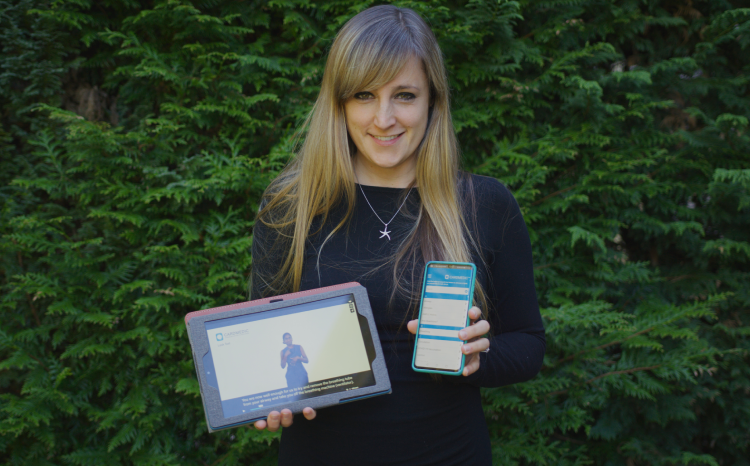East Suffolk and North Essex NHS Foundation Trust joins LungIMPACT study
- 17 January 2024

The collaborative LungIMPACT study which is gathering real-world evidence of AI-assisted diagnosis of lung cancer, is welcoming East Suffolk and North Essex NHS Foundation Trust.
The study brings together UK academia and NHS trusts and is using Qure.ai’s qXR solution to triage chest x-rays to identify the presence of suspected lung abnormalities with immediate reporting. By doing so, it allows patients to be referred more quickly for a CT scan if lung cancer is indicated, speeding up a potential confirmed diagnosis and treatment plans.
Dr James Hathorn, consultant radiologist and principal investigator for the study at East Suffolk and North Essex NHS Foundation Trust, said: “Hopefully using this technology will speed up the time to diagnosis and ensure patients who need treatment can have it as fast as possible. This is a fantastic support tool in addition to radiologists viewing x-rays. The final decision will still always be the radiologist. The main point of the study is to show that AI could help prioritise which x-rays to report first, leaving the normal ones for later and letting the investigation of potential cancers happen more quickly.”
The LungIMPACT study was commissioned and funded by the NHS Cancer Programme, with support from SBRI Healthcare and the NHS Accelerated Access Collaborative. East Suffolk and North Essex is joining the trial alongside University College London Hospitals NHS Foundation Trust and Nottingham University Hospitals NHS Trust.
Darren Stephens, senior vice president and commercial head of UK & Europe at Qure.ai, said: “We are delighted to welcome Ipswich Hospital to the LungIMPACT trial. It joins other NHS hospitals gathering real-world evidence of how AI can assist in detecting abnormalities on GP-referred chest x-rays to reduce the time taken to diagnose lung cancer. Our qXR software works by highlighting any abnormalities and prioritising the case to the radiologist. The quicker abnormalities are found, the quicker patients can gain treatment, which in the case of cancer has the potential to save lives.”





